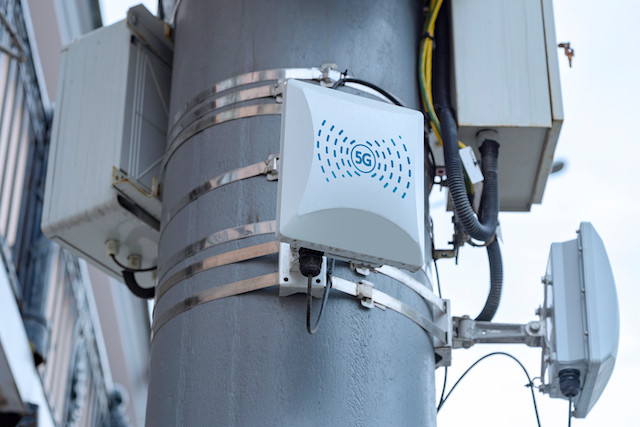The country’s 5G strategy, published in 2018, includes the allocation of a 26 GHz band, a pioneering mobile radio band intended for 5G deployment, following European regulations.
In a press release issued on Wednesday, the government said the aim of the consultation is to identify the needs, applications or potential constraints for the deployment of 26 GHz in Europe.
“Since the physical properties of the 26 GHz band do not allow for a large area to be covered, but instead offer very high communication speeds, very short latency times and simultaneous connectivity of a very large number of terminals, the 26 GHz band is likely to attract not only the interest of traditional mobile operators, but also the interest of industries (often referred to as 5G 'verticals') and communities (municipalities, cities) seeking innovative connectivity solutions,” the government said, adding: “In order to allow all these players simultaneous access to the radio spectrum in the 26 GHz band without interference, new spectrum allocation models may be considered. The consultation therefore also covers these new technical and regulatory modalities to be implemented when allocating this new frequency band.”
The allocation of different parts of the spectrum and related rights will be determined at a later stage.
High-speed, low latency internet wireless network access via 5G is expected to make the Internet of Things a reality. It has, however, been opposed by conspiracy theorists and other critics. In Luxembourg, a petition calling to halt the deployment of 5G garnered enough signatures to prompt a parliamentary debate. Deployment was not impacted.
Post deployed 5G services to its customers on 16 October, followed by Tango from 23 October. According to a Nokia press release issued on Tuesday, Nokia is the main supplier of fixed access for Post, having signed a seven-year contract. The agreement is expected to provide a network of up to 10Gbs broadband speeds.
The public can participate in the consultation until 8 December 2020.
